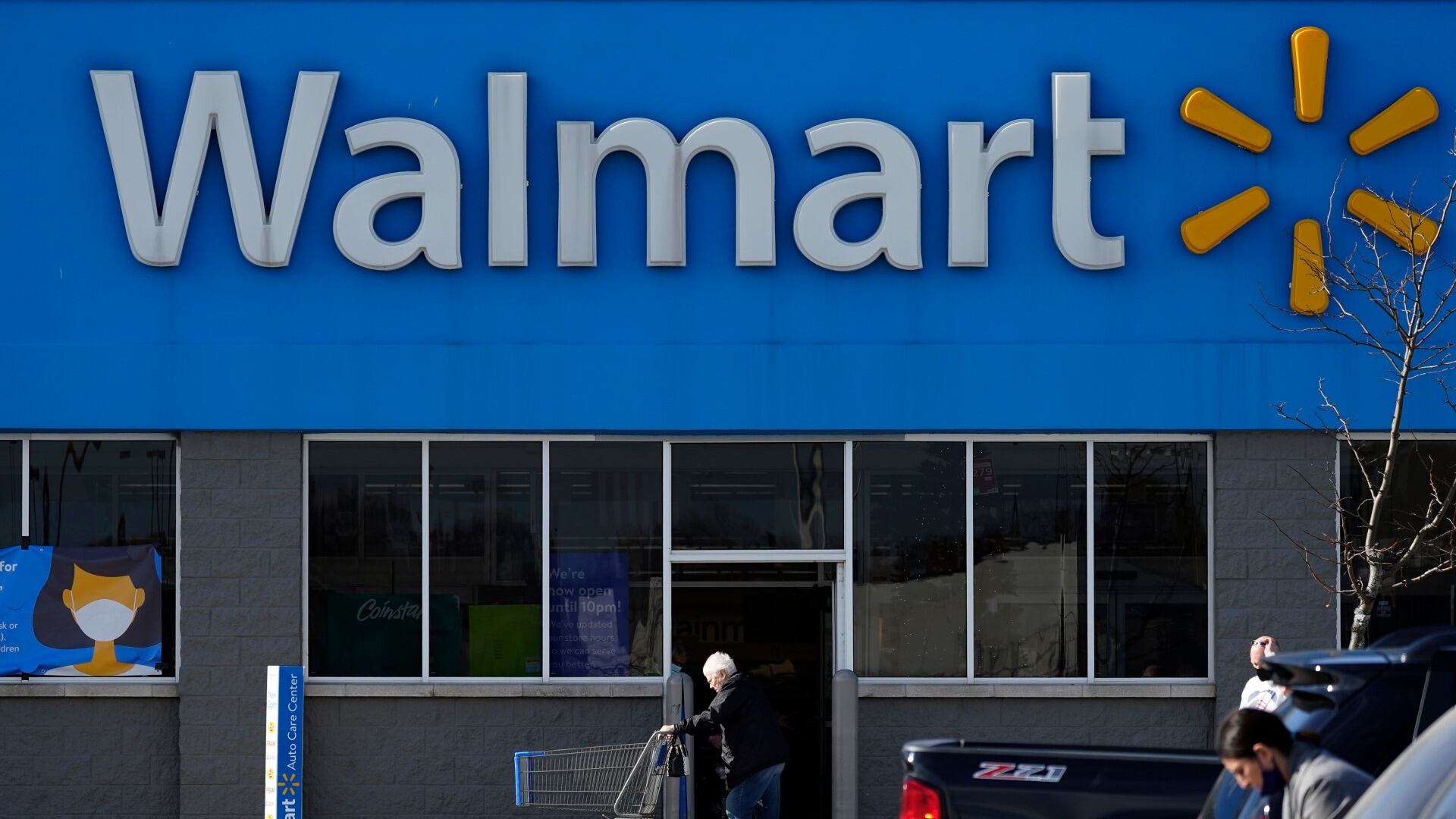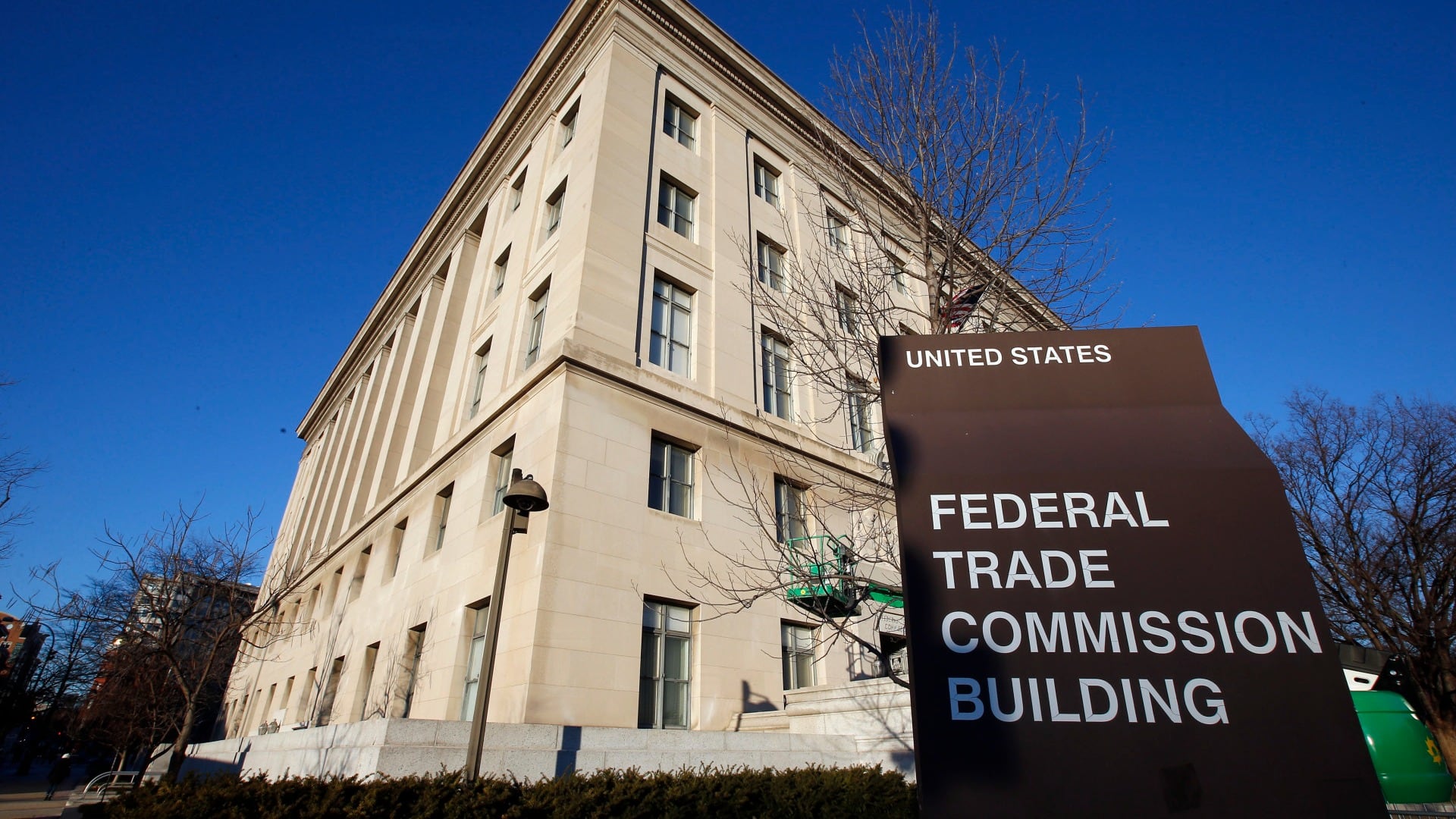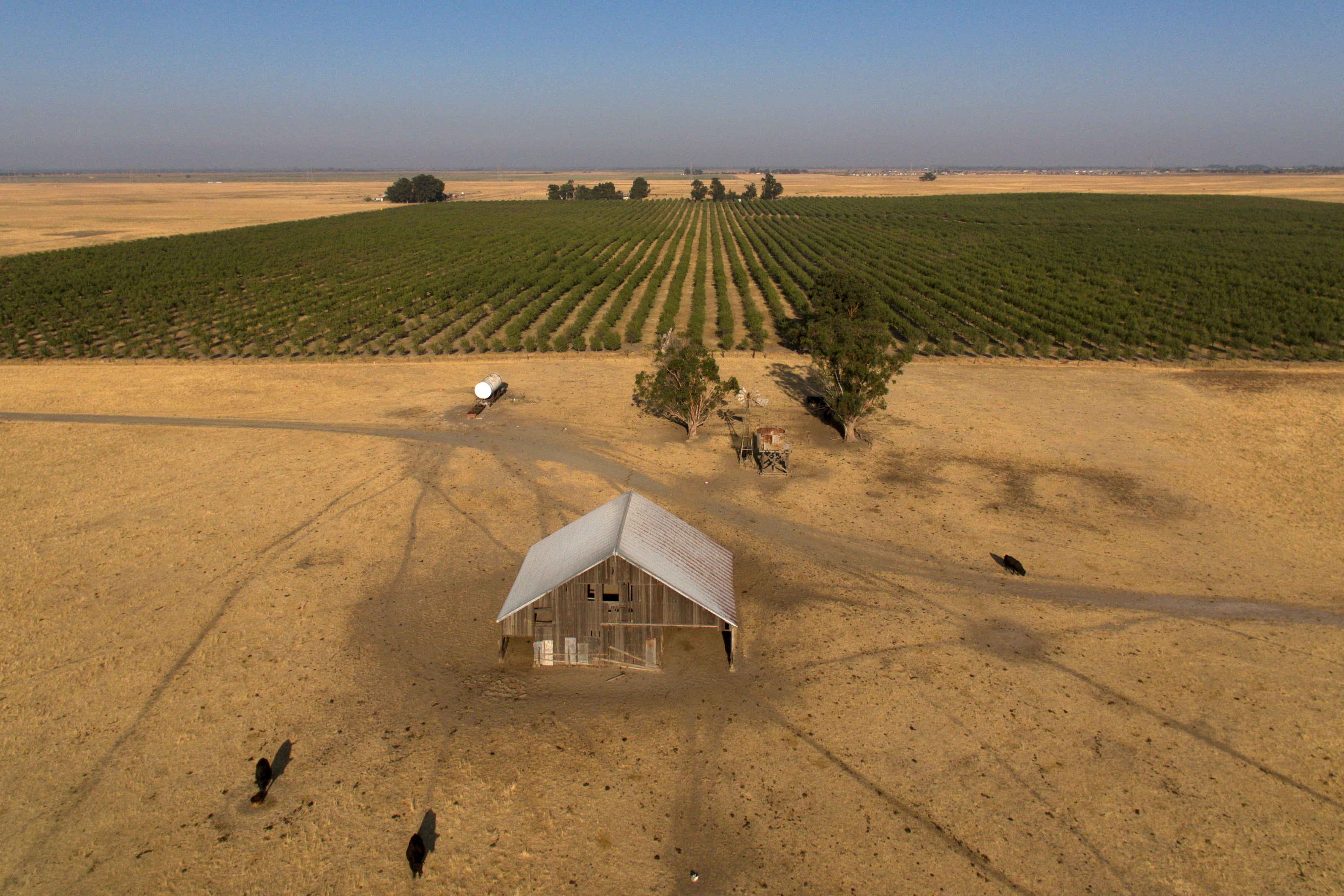By Paul Wiseman
The number of laid-off Americans applying for unemployment benefits fell to roughly 880,000 last week, a sign of possible improvement but evidence that the viral pandemic keeps forcing many businesses to slash jobs.
The latest figures, released Thursday by the Labor Department, suggest that nearly six months after the eruption of the coronavirus, the economy is still struggling to sustain a recovery and rebuild a job market that was devastated by the recession. In the previous week, more than 1 million had sought jobless aid.
All told, the government said that 13.3 million people are continuing to receive traditional jobless benefits, up from 1.7 million a year ago.
The roughly 1 million people who keep applying for unemployment aid each week point to a sluggish pace of improvement. Before the pandemic struck the economy in March, the number of people seeking jobless aid had never topped 700,000 in a week, not even during the depths of the 2007-2009 Great Recession. The economy has recovered 9.3 million, or only 42%, of the jobs that were lost in March and April.
On Friday, when the government issues the jobs report for August, it’s expected to report that employers added roughly 1.4 million jobs last month. That would still leave the economy about 13 million jobs short of the number it's lost to the pandemic.
Still, the auto and housing industries have made solid gains, bolstered by rock-bottom loan rates. American factories, too, have been on the upswing for three straight months. Yet many companies across the spectrum — from small businesses to hotels, restaurants, airlines and entertainment venues — remain deeply hurt by a loss of customers.
A wave of layoff announcements by major companies has heightened concerns that many job losses will end up being permanent. Ford is offering buyouts to try to shrink its U.S. white-collar workforce by 1,400. MGM Resorts is laying off 18,000, about a fourth of its U.S. staff. Coca-Cola, heavily reliant on entertainment venues, is offering buyouts to 4,000.
United and American airlines, hurt by diminished air travel, said they will cut thousands of jobs unless the government provides additional aid to help cover payroll costs. Salesforce is cutting 1,000 jobs, Bed Bath & Beyond 2,800.
Many economists warn that mass layoffs will continue and that any recovery will likely falter as long as the virus rages and Congress doesn’t extend another round of rescue aid for the unemployed and for state and local governments.
The recovery remains fragile because of a still-elevated level of confirmed COVID-19 cases and the government's failure to enact another emergency rescue package. The recent expiration of a $600-a-week federal jobless benefit has deepened the difficulties for America’s unemployed. The Trump administration is now providing a stripped-down version of that benefit — $300 a week — though not all the unemployed will qualify for it.













